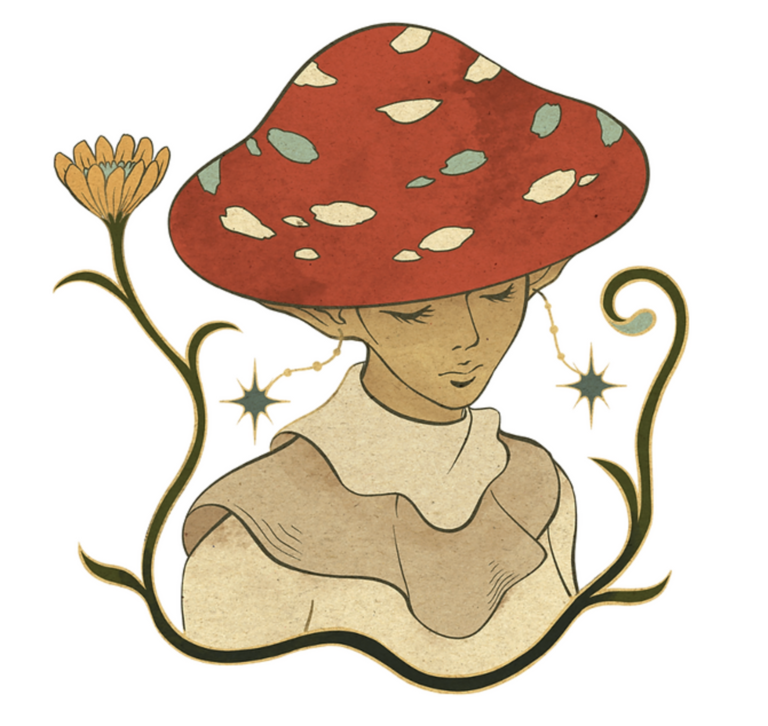The Writing University has launched a new series of interviews to highlight the various journals and publications across campus at the University of Iowa writing programs. We ask about the publication's history, submission process, etc. Today's interview is with Quinlan Stafford, senior editor of The Broken Clock Literary Magazine.
--

1. Tell us a little about yourself and your involvement with The Broken Clock?
I am a fourth year English and creative writing major on the publishing track. Alongside being the Senior Editor of The Broken Clock, I am a fiction editor for earthwords and fiction intern for The Iowa Review.
The Broken Clock was founded as a class project during a Publishing 1 course in the Fall 2021 semester. I was a managing editor for the duration of the class. Kacie Frederick, a fellow managing editor at the time, shared that she collected broken clocks from antique stores. The name and concept of the magazine spawned from there. For Issue 2 and beyond, I have been the Senior editor, alongside Alana Scherer (who I literally could not do it without!). We lead meetings, coordinate with staff, and decide on the final order of the magazine.
2. What makes The Broken Clock unique?
When I met with a staff member from LSCE to register TBC as a student org, he asked me the same question. I gave a super long-winded answer, then he just replied with, "So, you're the weird one?" That's exactly what TBC is, the weird one.
To be more specific about it, we have a theme for each issue, that's generally structured around "Time is __." For our first issue, we focused on "being in your 20's in the 20's." For issue 2, our theme was "Time is a liminal space"; we focused on understanding our past selves and juvenilia readings. For our upcoming issue 3, our theme is "Time is woven"; much like cloth and fiber arts, great myths/legends/stories have followed people through time. We also love anything weird, whatever that means to the submitter.
Anything about time is always encouraged, but poems about threading a needle, ghost stories, orange art, and essays on grief, just to name a few, have graced the pages of the last 2 issues.
3. When do you accept submissions?
Each of our 2 (almost 3) editions have been experimental learning opportunities for staff. Our first issue required that our submissions were closed by Halloween; when we decided to continue TBC beyond the classroom, our submissions were open until April Fool's day. For Issue 3 and beyond, we wanted to produce one issue per school year, so our submissions have been open from Halloween to Valentine's Day. Staff feedback and decision-making processes have been really essential for our growth from Issue 2 to Issue 3, so a lot is subject to change as TBC has different leadership and staff.
Rule of thumb, our submissions will open mid-fall semester and close in early spring semester. Issues will be released at the end of the spring semester/very early summer.
4. How can people get involved?
TBC opens our staff applications at the beginning of each fall semester. Another fantastic way to get involved is to submit art and writing to the magazine—we only exist because our fellow students are so gracious with letting us read and publish their works.
5. Where can people find The Broken Clock?
Our 1st and 2nd second issues can be found on our website. A link to buy physical copies of Issue 1 can also be found there. Issue 3 will also be available on our site, with physical copies available for free or low cost this summer. Website link: https://thebrokenclockmag.wixsite.com/the-broken-clock
--
Thank you!